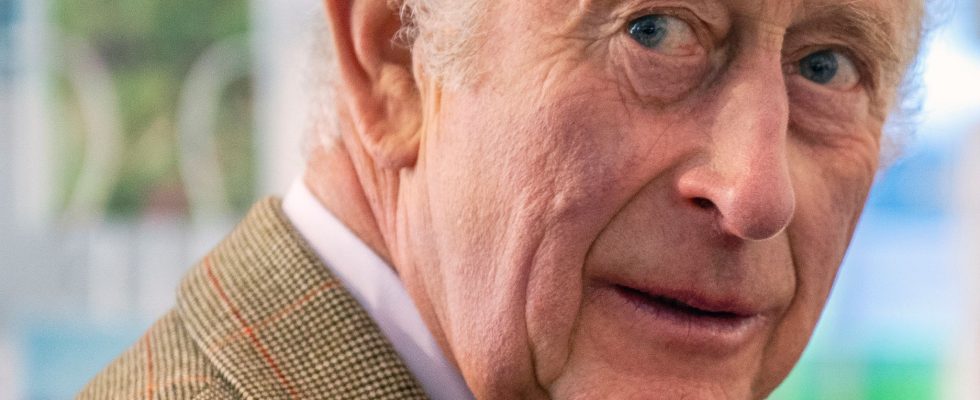The interest, even adoration, of my French friends for the British monarchy has long perplexed me. My astonishment diminished, however, when I met the Queen. She came to visit my university in 1994 and, to my great surprise, wanted to meet me. We discussed my research plans into alternative medicine – she was known for her interest in homeopathy and other unorthodox treatments – and we got along very well. She almost succeeded in making me a royalist!
Almost, because then I met his eldest son, Charles – on an official visit to France these days. At first, he was interested in my work and even asked for a copy of my inaugural lecture at the university. Knowing that he too was a believer in alternative medicine, I was delighted and hoped that his influence would help my research. I couldn’t have been more wrong…
Charles wanted to integrate alternative medicine into the NHS, Britain’s national health service, and I thought we first needed to figure out which therapies did more good than harm. He openly promoted treatments whose effectiveness was disputed, and I warned that this risked making health care less effective and less safe. He became the most ardent defender of integrated medicine, even though I had repeatedly demonstrated that this approach was against the best interests of patients.
Charles seemed to support alternative modalities mainly for one reason: because they are alternative! He actively promoted acupuncture, aromatherapy, Ayurveda, chiropractic, osteopathy, traditional Chinese medicine and many other methods that have two common characteristics: they are both ancient and natural. In 2005, during a lecture that Prince Charles gave to the general assembly of the World Health Organization, he openly expressed his preference for ancestral traditions and his disdain for modern medicine: “Many therapies Complementary knowledge today is rooted in ancient traditions that intuitively understood the need to maintain balance and harmony between our minds, bodies and the natural world. Much of this knowledge, often based in oral traditions, is unfortunately being lost, while orthodox medicine has so much to learn from them”, he explained, regretting that “many beneficial approaches, which have been tested and proven effective, have been side because they are considered outdated.
A product withdrawn by the British medicines regulator
But effectiveness cannot be decreed, it is proven. When Charles launched his company Duchy Originals’ “detox tincture,” I was flabbergasted. Why on earth was he marketing something so blatantly false? The British press was critical and quoted me as saying that Charles had turned into a “snake oil salesman.” The saga ended when the British medicines regulator ordered the product to be withdrawn from the market.
The watershed came when Charles commissioned a report which claimed, among other nonsense, that the NHS would save millions if it incorporated more homeopathy. Once again, the press questioned me and I did not mince my words. Charles’ private secretary then filed a formal complaint with my university. What followed was a thirteen-month investigation into my actions. In the end, I was found not guilty, but my university made sure that all support was severed, my team disbanded, and my research funds dried up. I ended up taking early retirement: Charles thus closed the only research unit in the world that critically evaluated alternative medicine.
But that certainly wasn’t the least of his problems. In recent years, it has been the subject of more negative headlines than ever. There were of course her troubles with her son Harry and her daughter-in-law Meghan, or even the abandonment of the term “consort” in the title of Queen Camilla, although desired by the late Queen Elizabeth. This kind of news is not likely to endear the monarchy to many Britons. Recent polls show that his popularity is declining. As is often the case these days, money is at the heart of the problem. Currently, the British are suffering from inflation and many can no longer make ends meet. Meanwhile, Charles’ private fortune – estimated at more than €2 billion – is bigger than ever. It also receives around 100 million euros per year in public funds, an amount which is expected to increase by 45% by 2025, when the annual cost of the Swedish and Spanish monarchies amounts to around 9 million and 10 million respectively. ‘euros.
Despite all this bad press, most biographers agree that Charles III had good intentions. This fall, he is planning a major project: reminding his fellow citizens of their duty to reduce food waste. But does he know how thin the ice he’s standing on is? British republicans will be sure to point out that we waste more money on our monarchy than on food.
Edzard Ernst, Emeritus Professor, University of Exeter, United Kingdom.
